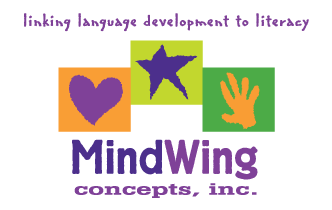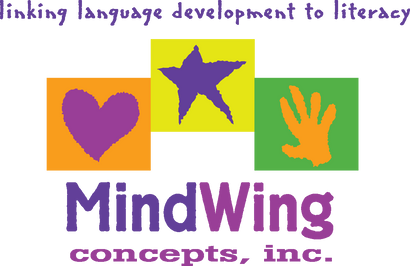Menu
-
- Home
-
About Us
-
The Approach
-
Focus Areas
-
MindWing Learning
-
Learning Resources
-
SHOP
-
Blog
-
- About MindWing
- Our People
- Contact Us
- Your Account
- Login
-
United States (USD $)

Tool Tuesday: Need a quick assessment tool? Try the CUBED!
by Sean Sweeney January 29, 2024 3 min read
Having been writing here under a “Tech Tuesday” banner for the past many years, I occasionally find I want to highlight things that aren’t technically tech–beyond being a download from a website. So, while still interested in sharing tech resources I find, I thought a better umbrella starting in 2024 would be “Tool Tuesday!”
This month’s tool is completely FREE, before I go any further!
 I have been serving an adjunct role at Boston University for 5 semesters providing supervision to graduate students in their first clinical experiences in the in-house clinic. One of the routines for the semester is to teach and use processes for obtaining baseline and post-treatment data. It was by equipping students in this manner that I discovered the availability of the CUBED, along with the previously mentioned SLAM Cards. The CUBED is a “family of screening and progress monitoring tools” that includes a huge package of graded story samples (levels K-8) with narrative language listening and reading materials and measures.
I have been serving an adjunct role at Boston University for 5 semesters providing supervision to graduate students in their first clinical experiences in the in-house clinic. One of the routines for the semester is to teach and use processes for obtaining baseline and post-treatment data. It was by equipping students in this manner that I discovered the availability of the CUBED, along with the previously mentioned SLAM Cards. The CUBED is a “family of screening and progress monitoring tools” that includes a huge package of graded story samples (levels K-8) with narrative language listening and reading materials and measures.
The product is generously available from Language Dynamics Group, and aligns with their StoryChamps® product, but also is very useful for progress monitoring with the use of Story Grammar Marker® (which is how we have been using it at BU). All three clients I supervise have goals in narrative language, so this material has been exceedingly helpful for quickly equipping my graduate students in speech-language pathology with a tool they can use in their very first session. Keep in mind, this is before some of them even have a firm grasp of what narrative language is.
The leveled passages in the CUBED are currently K-3 for stories read to the student (listening), with upper grades “coming soon,” and K-6 for the student to read, including fluency and decoding measures. I have found it valuable to use the available grade 3 passages even with older students, as I am doing the process in a criterion-referenced manner (though some norms are available for the earlier edition), measuring against the bar that say, a 6th grade student should include all the expected 3rd grade elements.
The listening tasks include, among other elements:
- an engaging short story passage
- a grid to analyze the story elements the student includes in their retelling
- comprehension questions
- analysis of conjunctions/cohesive ties used (e.g., because/so, when/while)
- prompts putting a number of vocabulary words in context and asking for definitions, particularly helpful as the students we work with also have vocabulary goals
- a prompt for the student to generate a “same but different” personal narrative
I especially appreciate the personal narrative element, as this checks an additional box, allowing us to obtain a sample in this area (often after cajoling) without my needing to teach the graduate students an additional procedure. I have found that following the use of the CUBED, they have a more solid basis for being able to implement Story Grammar Marker® as we proceed with therapy the following weeks.
Having described this useful tool in the context of supervising in a university clinic, I can say it has also been very useful to me as a clinician. I recently completed it in the space of 10 minutes with a student, an analysis in an additional 10 min, and had good data to present for a progress report. Overall, the CUBED could also be considered to provide a sample that is a simple base context (the provided stories and embedded vocabulary) to use along with MindWing’s Progress Monitoring Process.

My annotated PDF grid for this student’s performance, noting good developments in personal narrative!
Sean Sweeney
Sean Sweeney, MS, MEd, CCC-SLP, is a speech-language pathologist and technology specialist working in private practice at the Ely Center in Needham, MA, and as a clinical supervisor at Boston University. He consults to local and national organizations on technology integration in speech and language interventions. His blog, SpeechTechie (www.speechtechie.com), looks at technology “through a language lens.” Contact him at sean@speechtechie.com.
Leave a comment
Comments will be approved before showing up.
